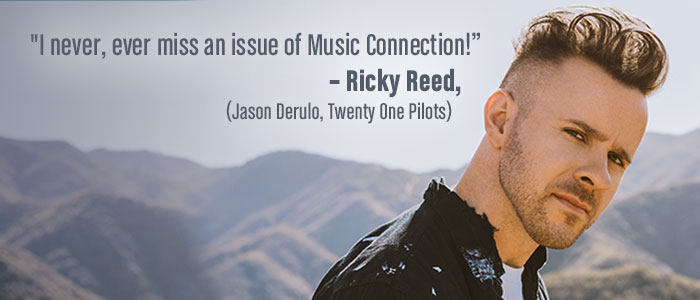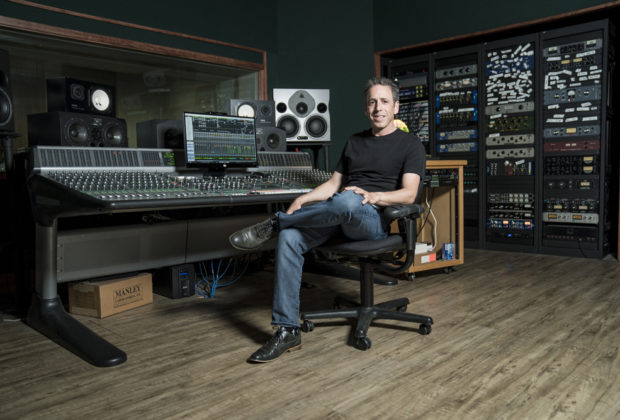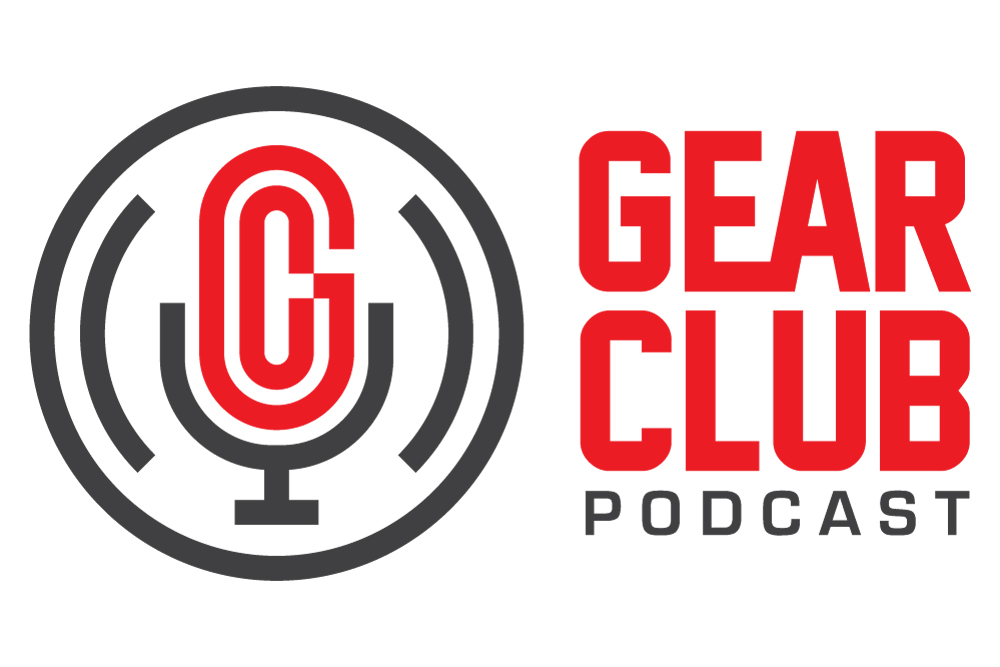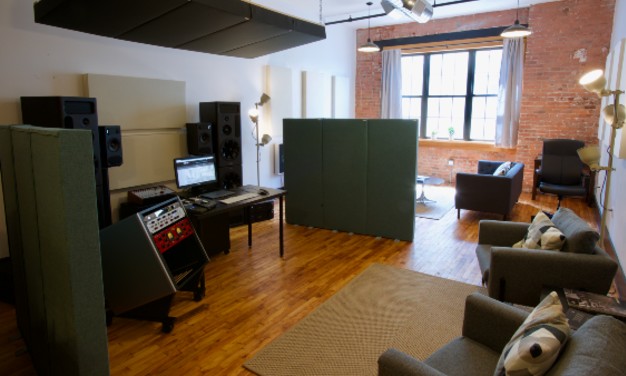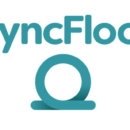Music makes the world go round, but so does money. And fittingly, it takes money to keep an artist’s career chugging. Sound Royalties is in the business of helping artists, songwriters and producers fund themselves so that they can record that new album, build that state-of-the-art studio or own reliable transportation for that fan-growing tour by offering advances against existing royalties. Most importantly and unlike traditional labels, Sound Royalties will never take away your copyrights, no matter what.
It’s an approach that works counter to the way the music business has been traditionally conducted. Founder and CEO Alex Heiche illustrates why he created a company that followed a banking model instead of that of a pawn shop. “They thought the only way to make the money they were looking to make was to get copyrights,” he explains regarding the old system. “That was the holy grail.” Starting small in 2014, Sound Royalties soon began growing quicker than anybody had expected. “It was something the market had been waiting for,” Heiche proclaims. Artists large and small have taken advantage of Sound Royalties’ rapid financing, some examples of which include Lil Wayne, Brenda K. Starr, The Mad Stuntman and Kevin Lyttle.
Everything is confidential and they can extend credit anywhere from $5,000 all the way up to $10 million. It doesn’t hurt, either, that they offer up to $25,000 in referral fees.
More recently, Heiche introduced Sound Check, which blesses artists with the ability to obtain fast cash. After a one-time fee of $695, artists can receive funds between $5,000 and $25,000 or more within a matter of days, perfect for those emergency scenarios. Heiche notes that the vast majority of his clients utilize this option.
Then there’s Edge Funding, which provides cash assistance for labels and distributors. “There are a lot of distributors and smaller independent labels out there looking to acquire artists and content,” he states. “This is funding that allows us to work with labels and distributors that are looking to raise capital and acquire content and refinance.”
One hurdle the company faces is conquering a lack of awareness and general misconceptions surrounding Sound Royalties. As Heiche puts it, “They either assume we’re just like everybody else or they haven’t gotten the opportunity to really understand what we do and what differentiates us.” Creating plenty of video content and engaging regularly on social media are two ways in which the company is working to educate the public. But the proof of their artist-positive attitude lies within Heiche himself, whose desire to stay a part of the industry he loves and play a helpful role in making creative visions a reality can be observed differently.
One example comes via his Nashville studio, where he regularly hosts networking parties. When one of his clients, Priscilla Renae, invited Heiche to jam with him, the chance encounter blossomed into a series of freeform sessions recorded for posterity and distributed freely. “There’s no pitch or anything,” he says. “It’s just a desire to be with creatives.”
Another incident happened last December, when Heiche received a call asking if he knew Billy Corgan. The Smashing Pumpkins leader had lost a guitar many years ago and subsequently offered up to $20,000 for its return. As fate would have it, the instrument in question had been purchased by someone at a yard sale and hung in a basement as a conversation piece. When the person suggested she get the item appraised, the guitar’s original owner was identified. Heiche eventually flew the woman from Michigan to LA for an eventual reuniting between player and axe. “That’s why I started this,” he insists. “I don’t get anything other than personal satisfaction.”
This attitude is exemplified by his company’s offer of free royalty accounting. In 2016, Heiche estimates they uncovered $8.5 million in uncollected revenue for 400 artists and songwriters. In 2017, that number mushroomed to $19 million. While they don’t charge for the service, which includes up to 50 pages of accounting review, clients receive priority attention and artists themselves are responsible for the actual collecting.
“We’re here to help creatives fund their creativity,” states Heiche. “If it isn’t helping, it’s not something we’re interested in.”
Bottom line is that Sound Royalties helps creative individuals through funding their careers without jeopardizing their copyrights or burdening them with onerous financial terms. As Heiche points out, “Artists are funding more of their own work than ever before. If you have a hit song today, it can be a year-and-a-half before you see a penny.” Therefore, any artist earning $5,000 or more per year should take advantage of Sound Royalties’ complimentary offer to find out what’s available, so when life’s unexpected circumstances occur they’ll be prepared to face that challenge head on.
